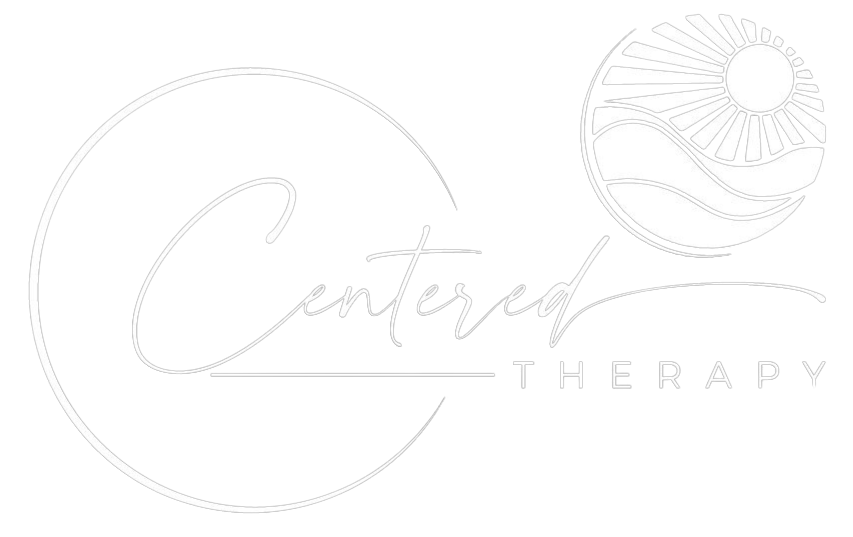What is Psychotherapy?
Psychotherapy (which is often called “therapy, talk therapy, or individual therapy”) is a form of medical treatment designed to help people understand and overcome a wide variety of mental and emotional challenges. Psychotherapy helps people identify triggers, build on their strengths, and develop appropriate coping mechanisms. Problems helped by psychotherapy include difficulties in coping with daily life; the impact of trauma, medical illness or loss, such as the death of a loved one; and specific mental disorders such as depression and anxiety. Psychotherapy may be used by itself or in combination with medication or other therapies.
There are several different types of psychotherapy, with some types working better for certain problems or issues. In individual therapy, a patient speaks with a therapist one-on-one. This is different from group therapy, couple’s, or family therapy, where patients speak with a therapist and each other. Therapists may use different styles and methods of psychotherapy depending on their expertise and the patient’s needs.
The Benefits of Psychotherapy
- Psychotherapy can help you understand the behaviors, emotions, and ideas that are holding you back, and learn how to modify them.
- Identify the events or problems that contribute to your discomfort, and which aspects of those problems you may be able to resolve.
- Learn coping techniques and problem-solving skills so that you can regain a sense of control in your life.
Who Provides Psychotherapy at Centered Therapy Counseling ?
Centered Therapy Counseling Health is proud to employ some of the most compassionate and qualified mental health professionals practicing today. Our licensed psychotherapy providers come from a variety of educational backgrounds, and are all licensed to provide clinical therapy in their particular state.
It is interesting to note that “therapist” is not an official title like doctor or attorney. Instead, it’s a catch-all term that includes many kinds of licensed professionals. Depending on who you choose, your therapist could be a:
- Psychologist
- Licensed Professional Counselor
- Licensed Clinical Social Worker
- Licensed Clinical Professional Counselor
- National Certified Counselor
While the letters after their names are different, our therapists share a common goal: to help our patients overcome their mental and emotional challenges so they can thrive.
What Forms of Therapy Are Available?
Part of what makes therapy so effective in treating mental health conditions is that it is uniquely customizable. There are endless ways to conduct a therapy session. Each type of therapy is tailored to the needs of the patient.
Centered Therapy Counseling Health provides many types of psychotherapy services, including:
Online Therapy
Online therapy, also known as telehealth or teletherapy, is a secure and effective way to connect with a therapist. In these sessions, patients talk with their therapists through live video. Patients can log on to the calls from anywhere with a secure internet connection. When getting ready for a telehealth appointment, we recommend finding an area that is private and where you will feel comfortable speaking.
Clinical studies have shown that video-based online therapy is as effective as its in-person counterpart. In fact, online therapy is more effective for some patients because they are able to attend more regularly.
Having our patients feel comfortable in their therapy sessions is of the utmost importance, which is why we offer both telehealth and in-person appointment settings.
What You Should Expect From Your Therapist
A therapist’s role is to offer you insights into your experiences, advice on how to handle your issues, and evidence-based treatment for your emotional or mental health conditions. But above all, you should expect a therapeutic environment that is compassionate, safe, and focused on helping you feel better.


